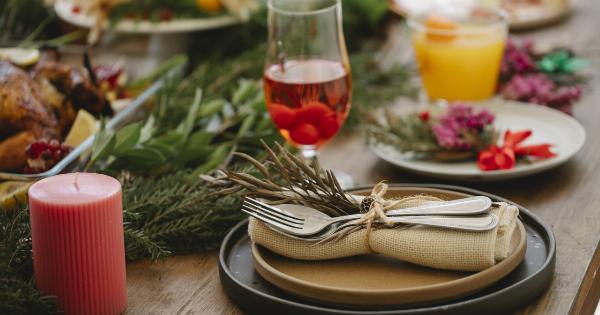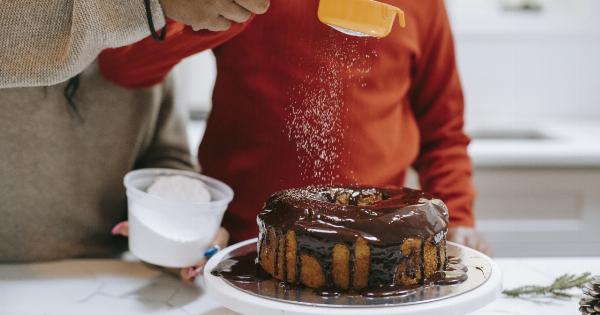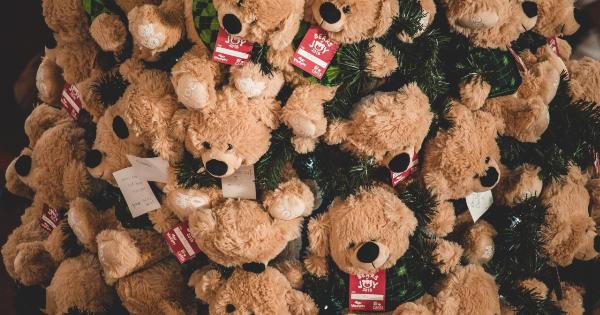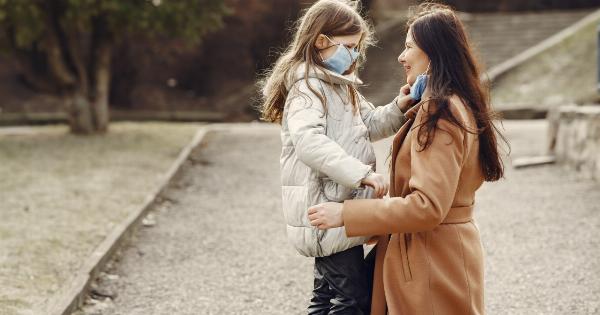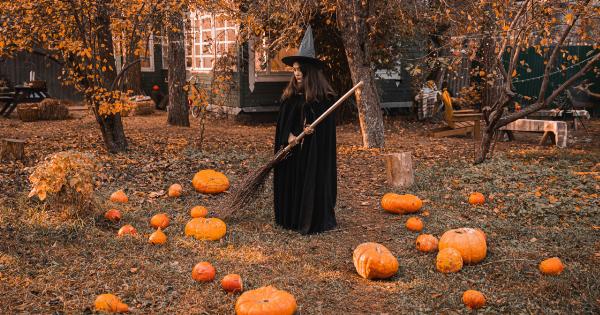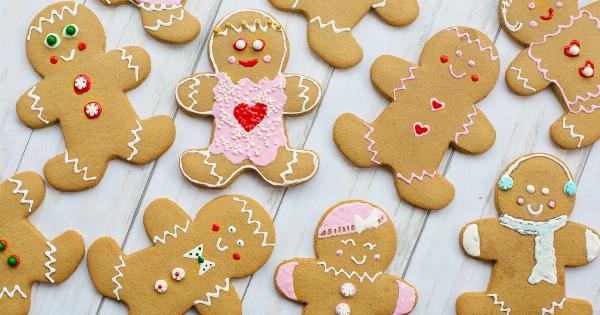As the holiday season approaches, we are all excited about the festivities and the delicious food that comes with it. From the traditional Christmas feast to indulgent treats, our menus are often filled with rich and flavorful dishes.
However, when it comes to our furry friends, it’s important to remember that they have different dietary needs and limitations. Giving your pet a break from the Christmas menu can help protect their health and ensure their well-being during this festive season.
The Dangers of Sharing Christmas Food with Pets
While it may be tempting to share your holiday meal with your pet, it’s essential to be aware of the potential dangers this can pose to their health.
Many human foods are toxic or harmful to pets, and some ingredients commonly found in festive dishes can lead to severe complications. Here are a few hazards to consider:.
1. Chocolate
Chocolate is a staple during the holidays, but it contains theobromine, a compound that is toxic to pets. Even small amounts of chocolate can cause vomiting, diarrhea, increased heart rate, seizures, and in severe cases, it can be fatal.
2. Onions and Garlic
Onions and garlic are common ingredients in many savory dishes, but they can be toxic to pets. These vegetables contain compounds that can damage your pet’s red blood cells, leading to anemia.
Symptoms include weakness, vomiting, breathlessness, and pale gums.
3. Grapes and Raisins
Grapes and raisins are often found in holiday desserts, but they can be highly toxic to pets, particularly dogs.
Ingesting even a small amount can lead to kidney failure, resulting in symptoms such as vomiting, diarrhea, abdominal pain, and decreased appetite.
4. Alcohol
Alcoholic beverages are frequently enjoyed during the holiday season, but they should never be offered to pets.
Alcohol can cause intoxication, leading to symptoms like disorientation, depression, lethargy, difficulty breathing, and in severe cases, coma or death.
5. Bones and Fatty Foods
Many holiday meals feature fatty cuts of meat and poultry, as well as bones. These can be hazardous to pets as bones can splinter and cause choking or internal injuries.
Additionally, fatty foods can lead to pancreatitis, a painful and potentially life-threatening condition.
Protecting Your Pet’s Health during the Holidays
Now that you understand the risks associated with sharing your Christmas menu with pets, it’s crucial to protect their health and well-being. Here are some tips to ensure your furry friends stay safe this holiday season:.
1. Stick to Their Regular Diet
Although it may be tempting to give your pet a special treat, it’s best to stick to their regular diet during the holidays. Sudden changes in their food can lead to digestive upset and discomfort.
If you want to make their meal extra special, consider adding small portions of pet-friendly ingredients like cooked lean meats or vegetables that are safe for them to consume.
2. Prepare Pet-Friendly Treats
If you’re looking for a way to include your pet in the holiday festivities, why not prepare some pet-friendly treats? There are plenty of simple recipes available that use safe ingredients for pets, such as pumpkin, sweet potatoes, or lean meats. These treats will allow your pet to enjoy a delicious snack without any harmful effects.
3. Avoid Sharing Table Scraps
It’s essential to resist the urge to share your plate with your pet. Many human foods can cause serious health problems for animals, as mentioned earlier.
Train your family and guests to refrain from feeding your pet table scraps, ensuring that everyone understands the potential risks involved.
4. Create a Safe Space
The holiday season often brings a lot of commotion and noise, which can be stressful for pets. Create a safe and quiet space where your pet can retreat to if they need a break from the festivities.
Provide toys, comfort items, and make sure the space is secure to avoid any accidents.
5. Maintain Routine and Exercise
With the excitement of the holidays, it can be easy to deviate from your pet’s regular routine. However, sticking to their usual schedule for feeding, exercise, and playtime is crucial for their well-being.
Regular exercise and mental stimulation will help them burn off excess energy and remain calm amidst the holiday chaos.
Conclusion
While it’s natural to want to share the joy of Christmas with our beloved pets, it’s important to prioritize their health and safety.
Skipping the Christmas menu and providing alternatives that cater to their specific dietary needs will ensure their overall well-being during the holiday season. By being mindful of the potential risks associated with certain foods and making conscious choices, you can celebrate the festivities with your pets, ensuring they remain healthy and happy.


